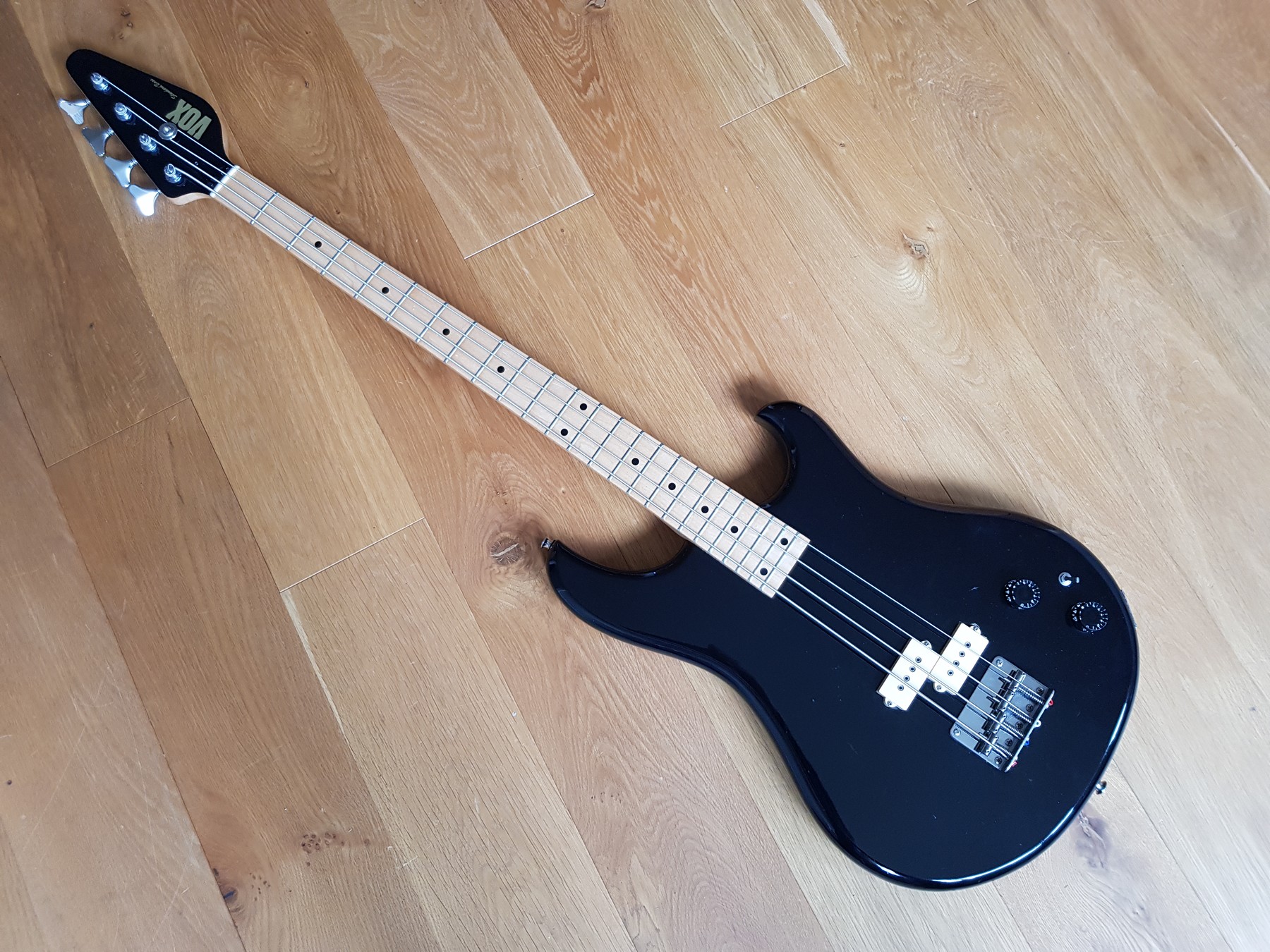

“I was hidden – out of the way, so that people didn’t find out that nobody else there knew what they were doing,” he says with a wry laugh. Steve’s evident ability saw him promoted quickly to R&D duties, but he reflects that it was possibly the ultimate backroom job at Marshall. Primarily, I was test engineer when I started with Marshall – a product-testing guitar player trying to make things work, mostly repairing a lot of blowing-up solid-state amps.” How much of that is wishful thinking 40 years later, I can’t say. I’d built a modified version of one for a guitarist friend of mine and it sounded okay. “EMI had wanted to move Simms-Watts more towards transistor amplifiers and actually they had one that wasn’t too bad. Faced with the task of trying to make Marshall’s early transistorised amplifiers work reliably (like most early solid-state amps, they had a miserable reliability record) Steve found himself on familiar ground, as he explains: It wasn’t long before Marshall’s new test engineer had begun to make his mark. It was to prove a turning point, not just for him but for Marshall, too. Finding himself with no job and a young family to keep, Steve applied for the post of test engineer at the nearby Marshall factory in Milton Keynes.

Unfortunately, Simms-Watts fell victim to both the curse of EMI’s corporate inertia and a recession.

Though well regarded for its guitar and bass amps (Mick Ronson and John Entwistle were among the users) Simms-Watts was particularly noted for its PA equipment and it was on the PA side (though mostly for installation use in conference centres and the like) that Steve was hired as a designer. Originally a challenger to Jim Marshall’s fledgling amplifier brand, they were made by rival Ealing music-shop owner, Dave Simms and his designer, Richard Watts. The latter resulted in a job with giant electronics and record company EMI.ĭuring the 1960s, and for reasons that have never been quite clear, EMI had bought the small British amplifier maker, Simms-Watts. The two disciplines, technology and music, were fostered by playing keyboards and guitar in a succession of bands during the 1970s, while simultaneously studying technology and earning a degree in mechanical and electrical engineering.


 0 kommentar(er)
0 kommentar(er)
